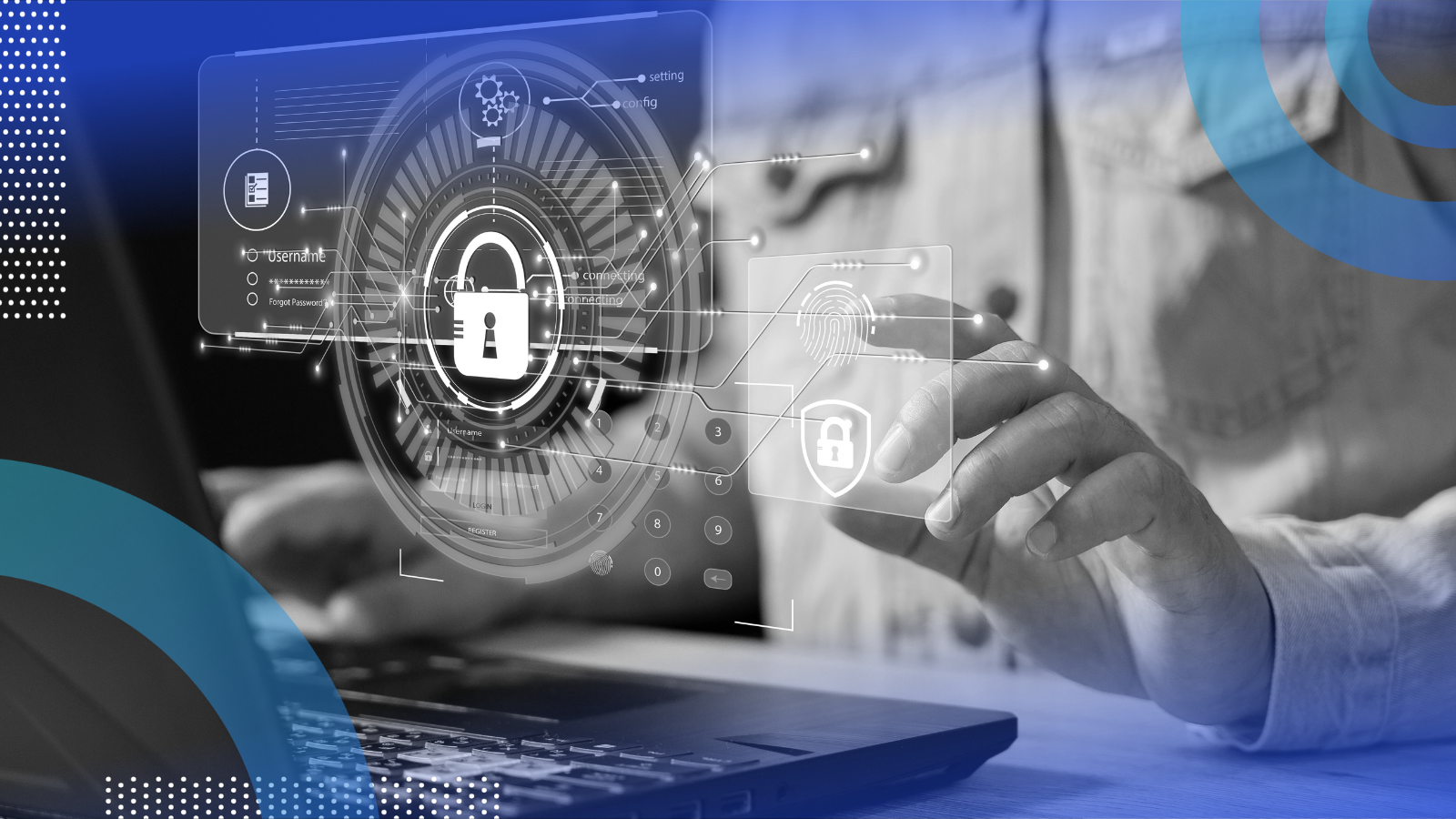AppliMarkets: Your Go-To Resource for App Insights
Explore the latest trends, reviews, and tips in mobile applications.
Cybersecurity: The Only Thing Standing Between You and Chaos
Discover how robust cybersecurity can save you from digital chaos and protect what matters most. Don't wait—secure your future today!
Understanding the Basics: What is Cybersecurity and Why Does It Matter?
Cybersecurity refers to the practices and technologies designed to protect computers, networks, programs, and data from unauthorized access, attack, or damage. As our world grows increasingly digital, understanding the basics of cybersecurity has become essential for individuals and organizations alike. It encompasses a wide range of measures, including firewalls, antivirus software, and encryption protocols, which are all aimed at safeguarding sensitive information. According to the Cybersecurity and Infrastructure Security Agency (CISA), it is vital to establish a solid cybersecurity framework to help mitigate risks and respond to threats effectively.
The importance of cybersecurity cannot be overstated. With the rise of cyber threats, such as phishing attacks, malware, and ransomware, a robust cybersecurity strategy is crucial for protecting personal and organizational data. Data breaches can lead to financial losses, reputational damage, and legal ramifications. For example, a study by IBM Security revealed that the average cost of a data breach is now over $4 million, highlighting the need for comprehensive security measures. By investing in cybersecurity, individuals and businesses can secure their assets and maintain trust with their customers and clients.

Top 5 Cybersecurity Threats You Need to Protect Against in 2023
In 2023, cybersecurity threats are more pervasive than ever, making it crucial for individuals and businesses to stay informed. One of the top threats is ransomware, which has become increasingly sophisticated and targeted. According to a report from Cybereason, organizations are facing a dramatic rise in ransomware attacks, resulting in significant financial losses. To mitigate this risk, it’s important to implement regular data backups and invest in comprehensive cybersecurity solutions that can proactively defend against these malicious intrusions.
Another escalating threat is phishing attacks, which continue to evolve through social engineering tactics. Attackers are leveraging tactics like deepfake technology and personalized messages to trick users into revealing confidential information. According to Phishing.org, nearly 1 in 3 data breaches involve phishing. Organizations must focus on training employees to recognize such attempts and deploy advanced email filtering solutions to reduce vulnerabilities in their systems.
How Cybersecurity Measures Can Prevent Chaos in Your Organization
Cybersecurity measures are essential for any organization aiming to maintain a secure digital environment. In today's increasingly interconnected world, cyber threats can emerge from various sources, wreaking havoc on operations and eroding customer trust. Implementing robust cybersecurity protocols helps safeguard sensitive data and prevents unauthorized access to critical systems. For example, organizations can adopt multi-factor authentication and regular system audits as proactive steps to thwart potential breaches. Furthermore, training employees on recognizing phishing attempts can significantly reduce the risk of human error leading to data compromise.
By prioritizing cybersecurity measures, organizations can avert chaos stemming from data breaches or cyberattacks. Consider that the fallout from a significant security incident can include financial losses, legal implications, and reputational damage. A recent IBM report indicates that the average cost of a data breach now exceeds $4 million. By investing in advanced threat detection systems and maintaining a well-documented incident response plan, businesses can respond swiftly and effectively if an attack occurs, minimizing downtime and ensuring a swift path back to normalcy.